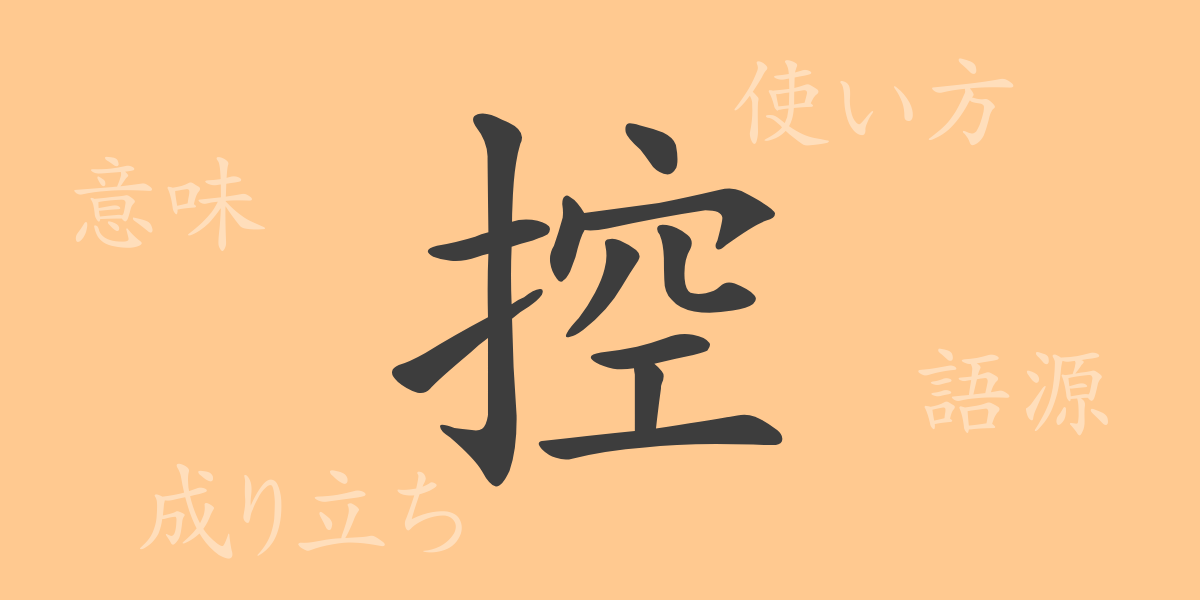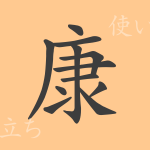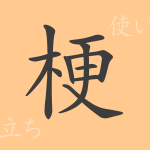Japanese has a rich vocabulary that expresses emotions and situations vividly. Among these, the commonly used kanji “控(こう)” plays an important role in representing our actions and psychology in daily life and business scenes. In this article, we will delve into the origins, meanings, usages, and idiomatic expressions of “控(こう),” exploring its charm and significance.
Origin of 控(こう) (Etymology)
The kanji “控(こう)” has its origins in ancient China. It is a compound ideograph and phonetic character, consisting of the hand radical “扌(てへん)” and the phonetic element “空(くう).” “空(くう)” originally meant hollow or empty space, and “控(こう)” represents the act of creating a supporting space with the hand. From this composition, “控(こう)” is imbued with the meanings of “pulling” and “supporting.”
Meaning and Usage of 控(こう)
The kanji “控(こう)” means “to hold back,” “to pull back,” or “to refrain.” It is frequently used in legal terminology, such as in “被告人(ひこくにん)” (defendant) and “控訴(こうそ)” (appeal), which means to request a higher court to review a lower court’s decision. In everyday conversation, “控え室(ひかえしつ)” (waiting room) is a familiar term referring to a room where people wait.
Readings, Stroke Count, and Radical of 控(こう)
Here are the readings and basic information for the kanji “控(こう).”
- Readings: On-yomi (Chinese reading) is “コウ(こう),” and kun-yomi (Japanese reading) is “ひか.える(ひかえる)” or “ひか.え(ひかえ)”
- Stroke count: 11 strokes
- Radical: 扌(てへん) (hand radical)
Idioms, Phrases, and Proverbs Using 控(こう)
There are many idioms, phrases, and proverbs in Japanese that include the kanji “控(こう).” Here are a few examples:
- 控訴(こうそ): To appeal a court decision to a higher court.
- 控除(こうじょ): To deduct a certain amount from taxes or calculations.
- 控え室(ひかえしつ): A waiting room or a room to stay in while waiting.
- 控えめ(ひかえめ): Being moderate or reserved in behavior or manner.
- 控える(ひかえる): To hold back, to refrain, or to reserve.
Conclusion on 控(こう)
The kanji “控(こう)” plays a significant role in Japanese, as seen in its usage and the idioms it forms part of. It indicates actions like waiting or holding back and is widely used in legal contexts as well. Understanding the meanings of “控(こう)” in daily life and using it appropriately allows for richer expression in the Japanese language.

























